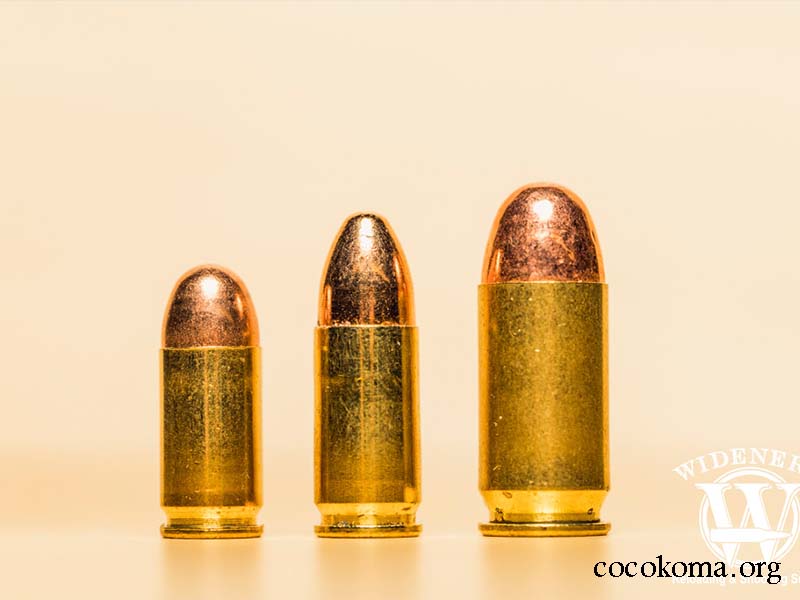When discussing firearms and ammunition, one question frequently arises: how fast does a bullet travel? The speed of a bullet is a crucial aspect that influences its effectiveness, impact, and the physics behind firearms. This article will delve into the factors affecting bullet speed, the types of bullets, the physics involved, and the implications of bullet velocity in various contexts.
Understanding Bullet Velocity
Bullet velocity refers to the speed at which a bullet exits the barrel of a firearm after being fired. Measured in feet per second (fps) or meters per second (m/s), bullet velocity can vary significantly depending on several factors, including the type of firearm, the type of bullet, the caliber, and environmental conditions.
The Speed Range of Bullets
The speed of bullets can range from approximately 700 fps to over 4,000 fps, depending on the ammunition type and caliber. For example:
- Subsonic Bullets: These bullets travel slower than the speed of sound (about 1,125 fps at sea level). Commonly used in silenced firearms, they typically have velocities around 900 fps.
- Standard Handgun Bullets: Common handguns, like the 9mm, typically fire bullets at speeds between 1,200 to 1,400 fps.
- Rifle Bullets: High-velocity rifle rounds can achieve speeds ranging from 2,500 to over 4,000 fps, such as the .223 Remington or the .220 Swift.
Factors Affecting Bullet Speed
Several factors influence how fast a bullet travels when fired from a firearm:
1. Type of Firearm
Different types of firearms are designed for various purposes and have unique barrel lengths, which can impact bullet velocity:
- Handguns: Typically have shorter barrels, leading to lower velocities compared to rifles.
- Rifles: With longer barrels, they provide more time for the expanding gases from the gunpowder to push the bullet, resulting in higher velocities.
- Shotguns: Generally fire shells containing multiple projectiles and have varying velocities based on the type of shell used.
2. Caliber of the Bullet
The caliber, or diameter, of the bullet is another significant factor. Larger calibers can accommodate more gunpowder, which can lead to higher velocities. For example, a .44 Magnum can achieve higher speeds than a .22 Long Rifle.
3. Bullet Design and Weight
The design and weight of the bullet also play critical roles in determining speed:
- Weight: Lighter bullets typically travel faster than heavier ones, all else being equal. This is due to less resistance against the expanding gases.
- Design: Aerodynamically designed bullets can reduce drag, allowing them to maintain higher speeds over longer distances.
4. Gunpowder Type and Charge
The type and amount of gunpowder used in ammunition directly affect the speed of the bullet. More efficient gunpowders can produce higher velocities, while larger charges can propel the bullet faster.
5. Environmental Conditions
Environmental factors, such as temperature and altitude, can influence bullet speed. For example:
- Temperature: Higher temperatures can increase the pressure in the cartridge, leading to higher velocities.
- Altitude: At higher altitudes, there is less air resistance, which can result in slightly faster speeds.
Measuring Bullet Velocity
Bullet velocity can be measured using various methods, with the most common being:
1. Chronographs
Chronographs are devices used to measure the speed of a bullet as it travels downrange. They work by detecting the time it takes for a bullet to travel between two points. This data is then used to calculate velocity in fps or m/s.
2. Ballistics Calculators
Ballistics calculators are software or tools that can estimate bullet velocity based on various inputs, including caliber, bullet weight, and powder charge.
The Impact of Bullet Velocity
Understanding how fast a bullet travels is essential in several contexts, including law enforcement, military applications, and hunting. The velocity of a bullet affects its kinetic energy, trajectory, and penetration capabilities.
1. Kinetic Energy
The kinetic energy (KE) of a bullet is given by the formula:
KE=12mv2KE = \frac{1}{2} mv^2
Where:
- mm = mass of the bullet (in kilograms)
- vv = velocity of the bullet (in meters per second)
Higher velocities typically result in greater kinetic energy, which translates to more significant impact on the target.
2. Trajectory and Range
Faster bullets have flatter trajectories, allowing for more accurate shooting over longer distances. This is particularly important in military and law enforcement contexts, where precision is critical.
3. Penetration and Terminal Ballistics
Bullet velocity also affects penetration, or how deeply a bullet can enter a target. Faster bullets tend to penetrate deeper due to their kinetic energy, making them more effective for self-defense or hunting applications.
Conclusion
In summary, how fast does a bullet travel is influenced by various factors, including the type of firearm, bullet caliber, design, gunpowder type, and environmental conditions. Understanding bullet velocity is crucial for shooters, hunters, and those involved in law enforcement or military applications. With bullet speeds ranging from around 700 fps to over 4,000 fps, the implications of velocity on kinetic energy, trajectory, and penetration are essential considerations for effective firearm use.
As technology advances, the development of new ammunition types and firearms will continue to affect how fast bullets travel, making it an exciting area of study for enthusiasts and professionals alike. Understanding these principles allows for a better appreciation of the science behind firearms and their applications in real-world scenarios.








